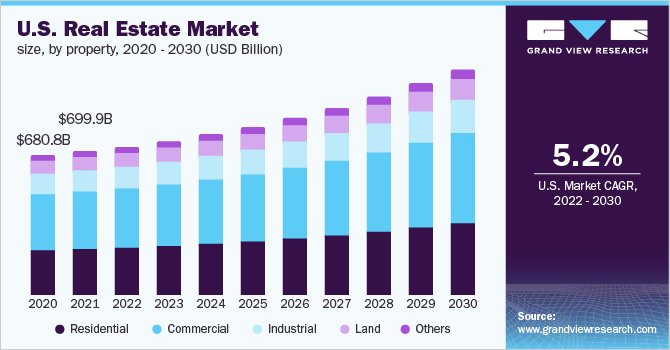In recent years, the luxury real estate market has experienced significant growth and transformation. From sprawling estates and penthouses to exclusive vacation homes, the demand for luxury properties has been on the rise. In this article, we will explore some key insights into the luxury real estate market and uncover what drives its success.
Global Luxury Real Estate Trends
The luxury real estate market is influenced by various global trends. One such trend is the growing number of high-net-worth individuals (HNWIs) around the world. These individuals seek unique and opulent properties that provide exclusivity and privacy. Additionally, emerging markets in countries like China, India, and the Middle East have contributed to the expansion of the luxury real estate market.
Another trend is the rise of smart homes and sustainable living. Luxury properties are now equipped with state-of-the-art technology, allowing homeowners to control various aspects of their homes remotely. Furthermore, eco-friendly features such as solar panels and rainwater harvesting systems are increasingly sought after by environmentally conscious buyers.
Popular Luxury Real Estate Locations
While luxury properties can be found in various parts of the world, certain locations have become hotspots for luxury real estate. Cities like New York, London, Hong Kong, and Dubai offer a vibrant luxury real estate market due to their cosmopolitan lifestyles and high demand for exclusive properties.
Resort destinations such as the French Riviera, the Caribbean, and Aspen, Colorado are also popular among luxury property buyers. These locations provide a combination of natural beauty, leisure activities, privacy, and exclusivity.
Investment Opportunities in Luxury Real Estate
Investing in luxury real estate can be a profitable venture for individuals and companies. Luxury properties tend to appreciate in value over time, offering an attractive return on investment. Additionally, rental income from luxury properties can be lucrative, especially in sought-after locations.
Foreign buyers often invest in luxury real estate as a way to diversify their portfolios and secure their wealth. By purchasing properties in different countries, they can hedge against economic and political uncertainties in their home countries.
Challenges in the Luxury Real Estate Market
Despite its growth, the luxury real estate market faces certain challenges. One challenge is the volatility of global financial markets. Economic downturns can significantly impact the demand for luxury properties, leading to a decrease in prices and sales.
Another challenge is the changing preferences and lifestyle trends of luxury property buyers. Real estate developers and agents must stay up-to-date with the latest trends to meet the demands of discerning buyers.
The Future of Luxury Real Estate
The future of the luxury real estate market looks promising. As the number of HNWIs continues to grow, the demand for luxury properties is expected to rise further. Additionally, technological advancements and sustainability initiatives will continue to shape the luxury real estate market.
With the emergence of new luxury destinations and the revitalization of established ones, buyers will have a wide range of options to choose from. The luxury real estate market will continue to evolve to meet the ever-changing needs and desires of affluent buyers.
Conclusion
The luxury real estate market offers unique opportunities for investors, buyers, and developers. Its growth and transformation are driven by global trends, popular locations, investment opportunities, and emerging challenges. As we look to the future, the luxury real estate market is set to expand and adapt, providing luxurious and exclusive properties to discerning buyers worldwide.
